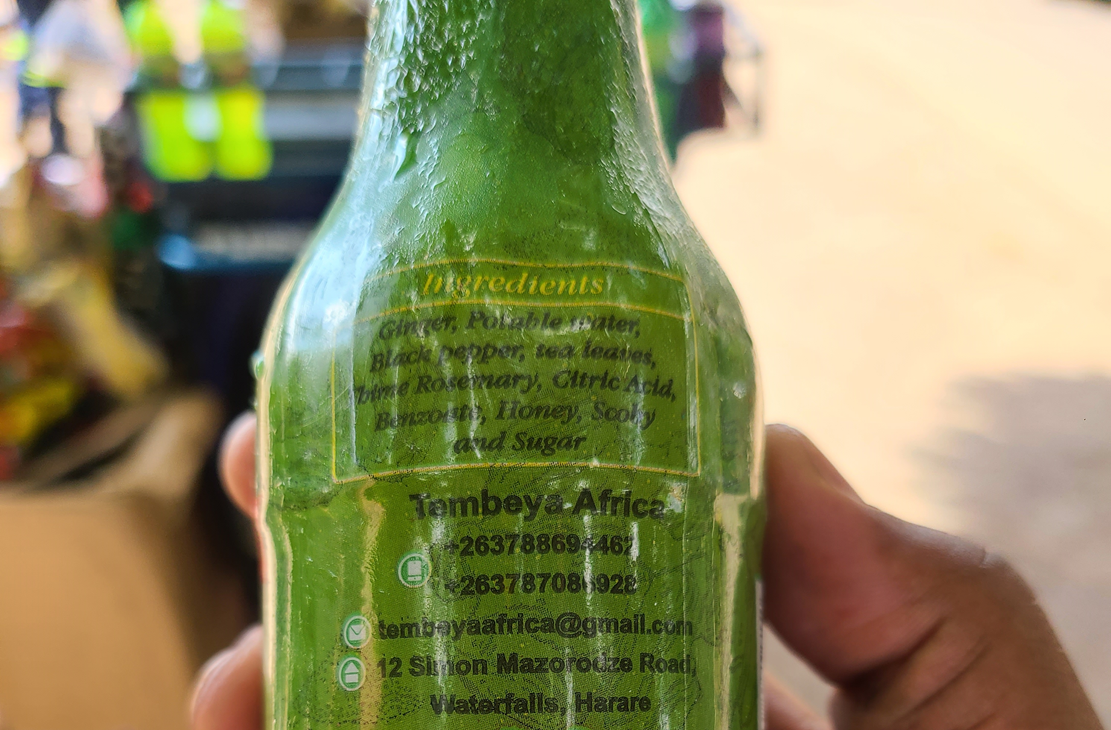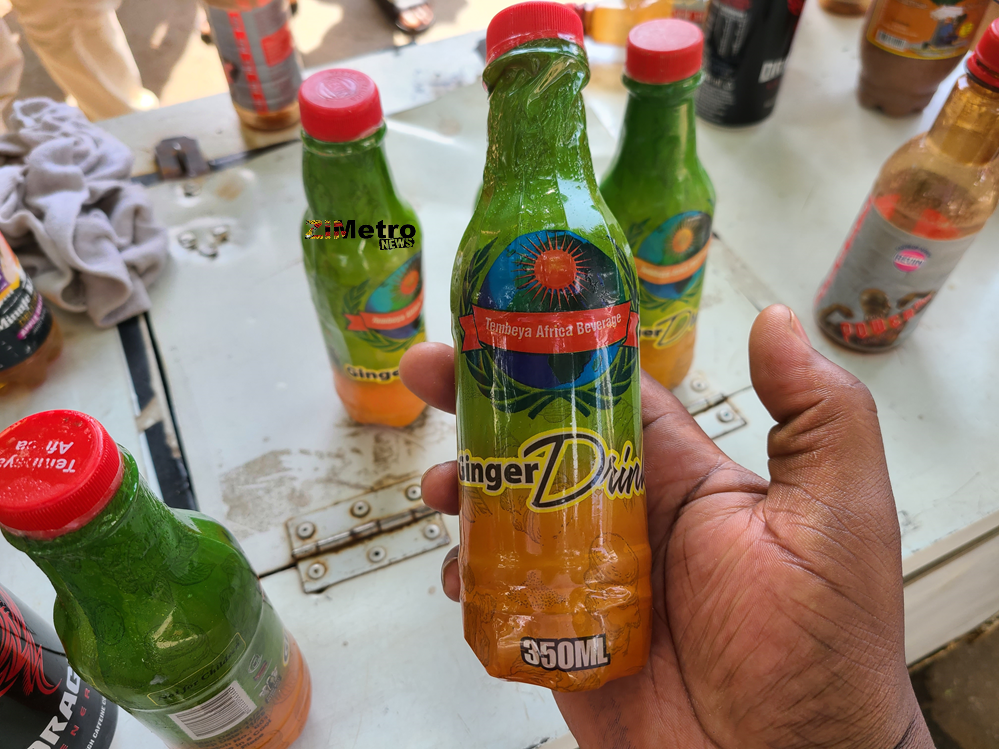Harare, Zimbabwe | A popular beverage in Harare, Zimbabwe, called Tembeya, has come under intense scrutiny amid growing fears over its safety and its potential role in causing serious health problems and even death.
The drink, produced by Tembeya Africa Beverages, has raised alarms over its undisclosed alcohol content, unregulated sales, and harmful effects on consumers.
Tembeya’s affordability and rapid intoxicating effects have made it a hit in Harare’s communities, particularly in low-income areas such as Mbare. However, its allure has quickly turned into concern as reports emerge of severe health issues and erratic behavior linked to its consumption.
Most alarming is the drink’s misleading packaging, which markets it as a non-alcoholic soft drink despite evidence suggesting high levels of alcohol.
Local residents have shared harrowing accounts of the drink’s impact. One viral social media video shows a visibly intoxicated woman, reportedly after consuming Tembeya, sparking outrage and calls for action.
Read: Magaya’s Legal Battle to Stop January 25 ZIFA Elections Intensifies

A close-up of Tembeya’s label, which lacks disclosure of its alcohol content, raising concerns over its safety and transparency. – Picture by ZiMetro Photo Journalist
Families have raised concerns about their loved ones experiencing blackouts, vomiting, and other serious side effects after consuming the beverage.
Health experts warn that such unregulated products could contain toxic ingredients that pose a risk of organ damage, alcohol poisoning, or even death.
The drink’s lack of transparency about its alcohol content leaves consumers vulnerable, especially as it is popular among young people and women.
The Zimbabwe Republic Police and the Ministry of Health and Child Care are investigating Tembeya, with growing suspicion that it may be unfit for human consumption.
Officials are also questioning the legality of its distribution, as it is often sold in small tuckshops owned by foreigners without proper licensing.
In a proactive move, the Liquor Licensing Board issued a public notice inviting objections to Tembeya Africa’s application for a wholesale liquor license.
Meanwhile, a government gazette has called attention to the need for stricter regulation of the beverage industry to prevent similar public health crises.
Reports indicate that the drink is being consumed at dangerous levels, with some residents claiming it has led to sudden deaths. Although investigations are ongoing, health officials suspect that the drink could contain harmful chemicals or excessively high alcohol concentrations.
The controversy surrounding Tembeya mirrors similar incidents in Southern Africa, where unregulated beverages have caused health crises.
In Zambia, for example, an energy drink was banned in 2019 after being found to contain sildenafil citrate, a prescription drug not disclosed on its label.
As the investigation unfolds, public outcry continues to grow. Parents, activists, and community leaders are demanding the immediate removal of Tembeya from store shelves.
Residents in Mbare have described the drink as a “silent killer,” calling for greater accountability from both the manufacturers and authorities.
One resident stated, “We don’t know what’s in this drink, and it’s already ruining lives. We’ve seen young people collapsing after drinking it. Why is it even allowed on the market?”
Another added, “This is a health time bomb. If nothing is done, we’ll continue to lose our children to these harmful drinks.”
The future of Tembeya remains uncertain as health authorities and law enforcement ramp up efforts to address the crisis. With mounting evidence of its dangers, experts warn that failure to act swiftly could lead to further loss of life and eroded trust in Zimbabwe’s regulatory systems.

For comments, Feedback and Opinions do get in touch with our editor on WhatsApp: +44 7949 297606.
